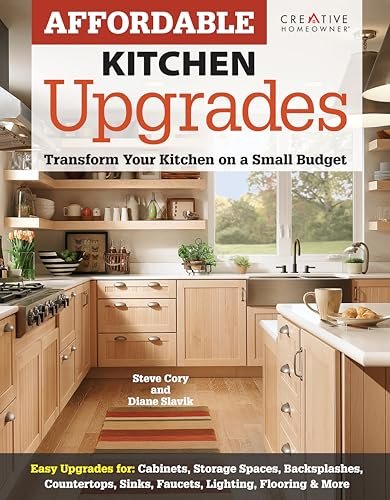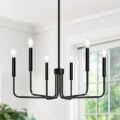Kitchen renovations can be costly. Understanding the various expenses involved helps in planning and budgeting effectively.
Also Read
Renovating a kitchen is a significant investment. Costs vary widely depending on the size, materials, and design choices. Cabinets, countertops, appliances, and labor are key factors in the overall expense. High-quality materials and professional installation can drive up costs, but they often offer better durability and aesthetics.
Budget-friendly options are available, but they may not provide the same lifespan or appeal. It’s essential to consider your priorities and financial limits. Researching and comparing quotes can lead to better decisions. A well-planned kitchen renovation can enhance your home’s value and functionality, making it a worthwhile endeavor. Proper planning ensures you get the kitchen of your dreams without overspending.
Buying Guide On Kitchen Renovation Costs
kitchen renovation costs: a complete buying guide
1. Understand your budget
first, determine your maximum budget. This helps guide your choices. Kitchen renovations can be costly. Knowing your limits prevents overspending.
2. Consider the scope of work
think about what you need. New cabinets, countertops, or appliances? each part has different costs. Decide on necessary changes first.
3. Cabinets
cabinets often cost the most. Custom cabinets are pricier than stock ones. Choose according to your budget. Good quality lasts longer.
4. Countertops
countertops vary in price. Granite and quartz are expensive. Laminate is cheaper. Pick a material that fits your style and budget.
5. Appliances
new appliances can be costly. Energy-efficient models save money in the long run. Compare prices before buying.
6. Flooring
flooring choices affect costs. Tile and hardwood are durable but pricey. Vinyl and laminate are budget-friendly options.
7. Labor costs
labor is a big part of the budget. Professional installation ensures quality. Diy saves money but requires skill.
8. Plumbing and electrical
plumbing and electrical work can add up. Hire licensed professionals for safety. Plan for these costs in your budget.
9. Permits and inspections
permits might be needed. Check local regulations. Inspections ensure everything is up to code. Include these costs in your plan.
10. Finishing touches
small details matter. Handles, lighting, and paint add to the final look. Budget for these finishing touches.
11. Contingency fund
set aside extra money. Unexpected costs can arise. A contingency fund covers surprises.
12. Get multiple quotes
compare quotes from different contractors. This helps find the best price. Ask for detailed estimates.
13. Plan for delays
renovations can take longer than expected. Plan for possible delays. This helps avoid frustration.
14. Sustainable options
consider eco-friendly materials. They might cost more upfront. Long-term savings and environmental benefits are worth it.
15. Financing options
explore financing options if needed. Loans and credit cards can help. Ensure you can manage repayments.
Conclusion
Renovating your kitchen can be a significant investment. Understanding the costs involved helps in planning your budget. From materials to labor, each element adds up. It’s essential to research and compare prices. This ensures you get the best value for your money.
Always consider the long-term benefits of your choices. Quality materials may cost more but last longer. Professional help can be worth the expense. They bring expertise and efficiency to the project. Remember to keep some funds aside for unexpected costs.
These can arise during renovations. Careful planning and budgeting lead to a successful kitchen renovation. Your dream kitchen is worth the effort and expense. Enjoy the process and the result.
























